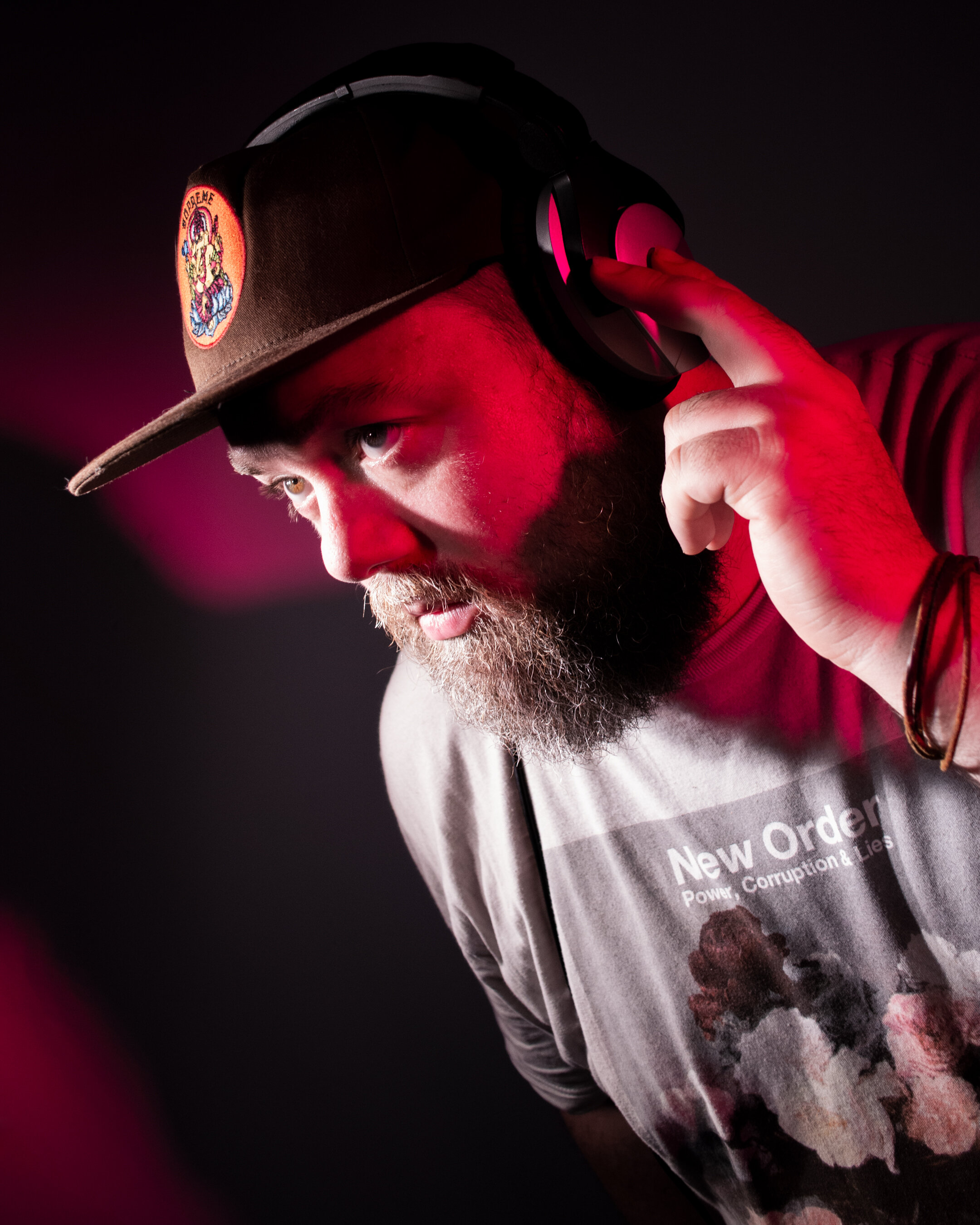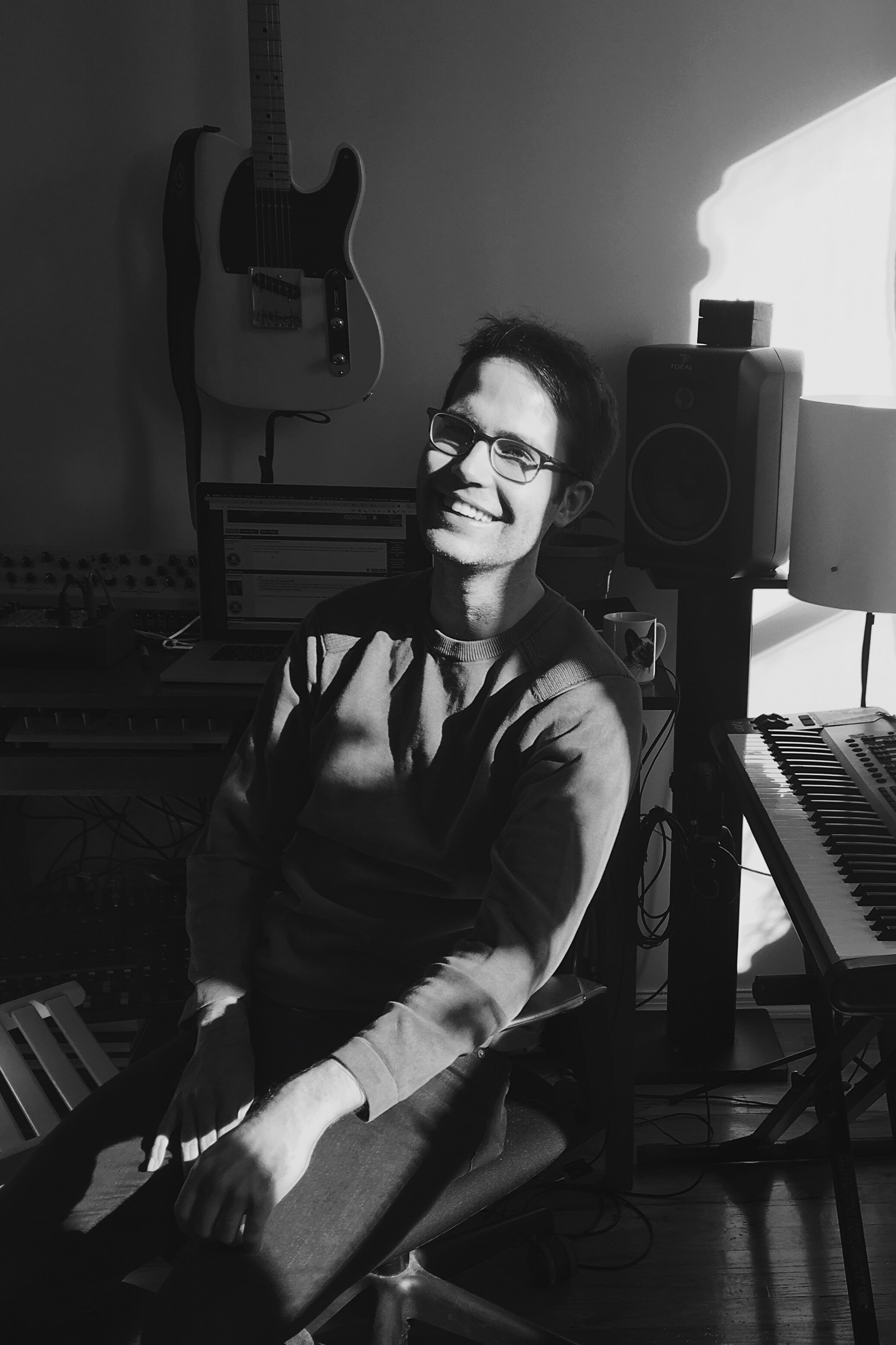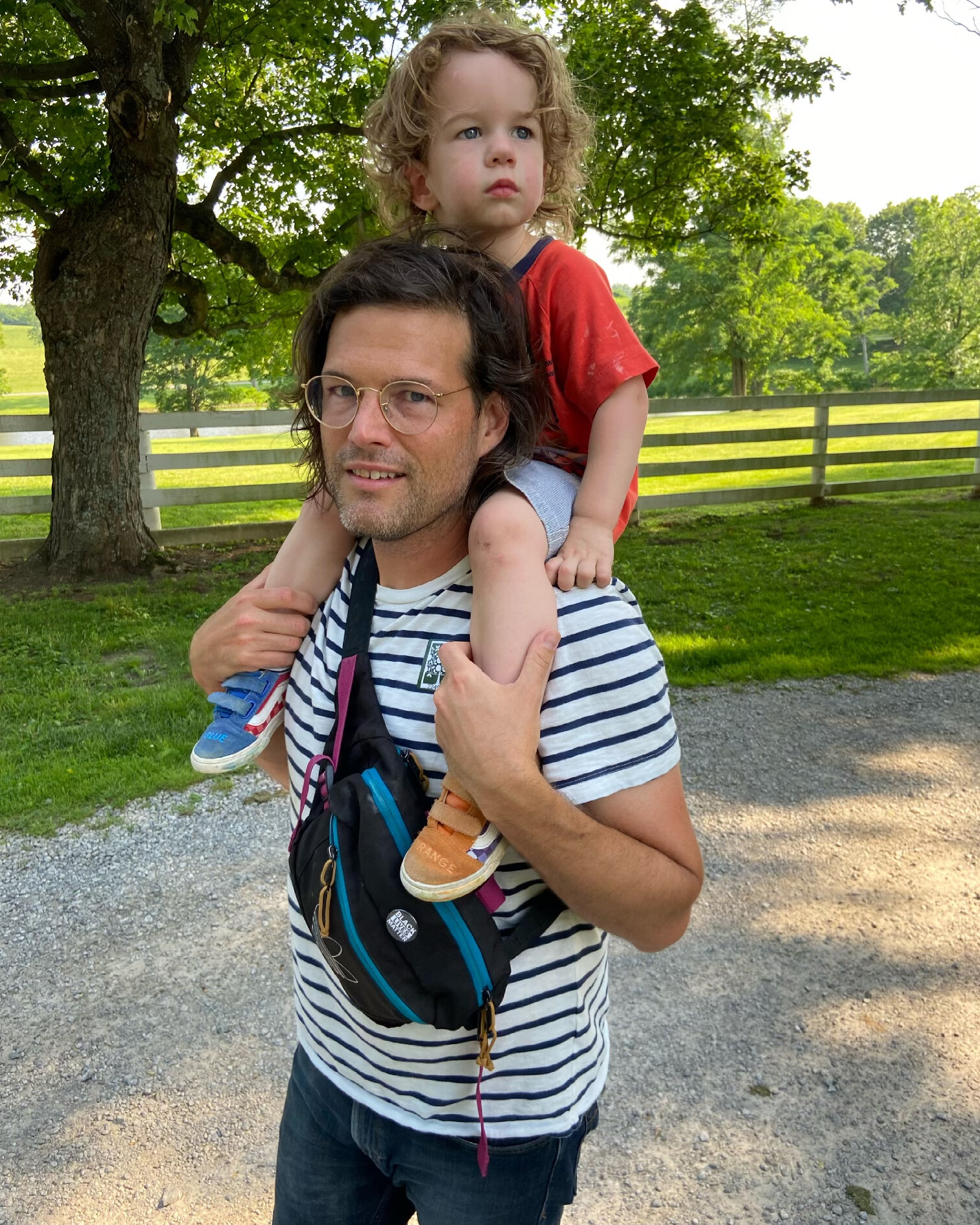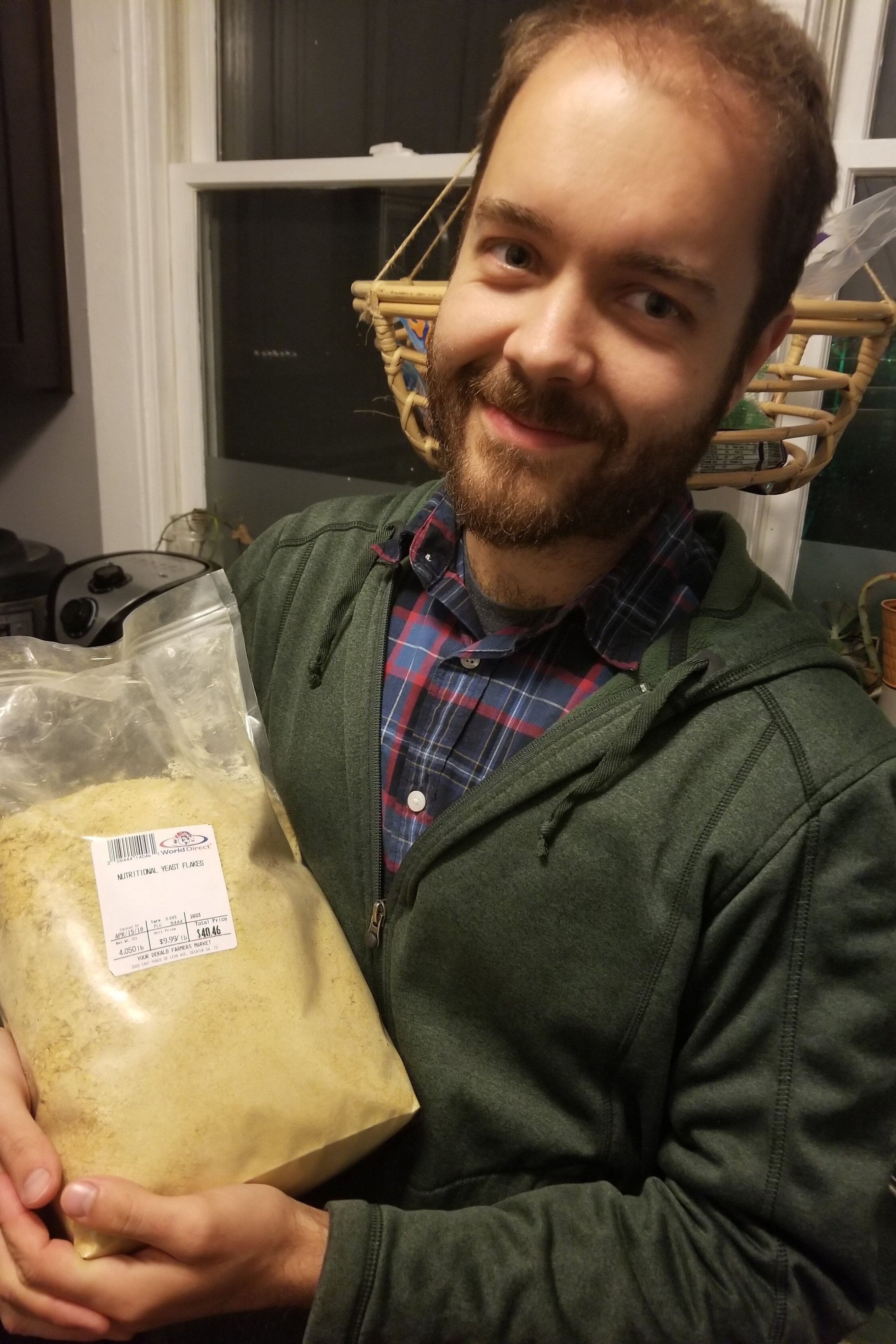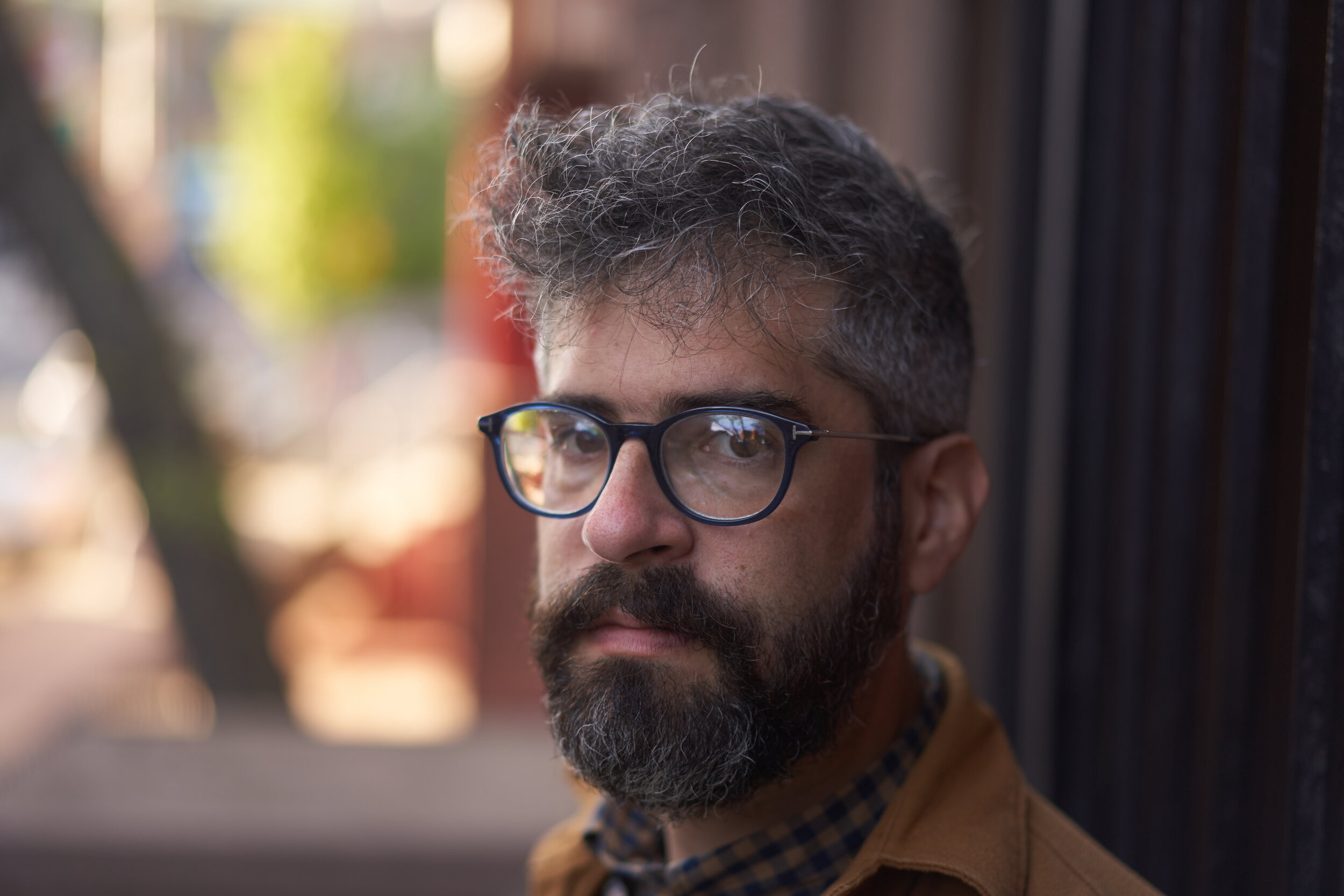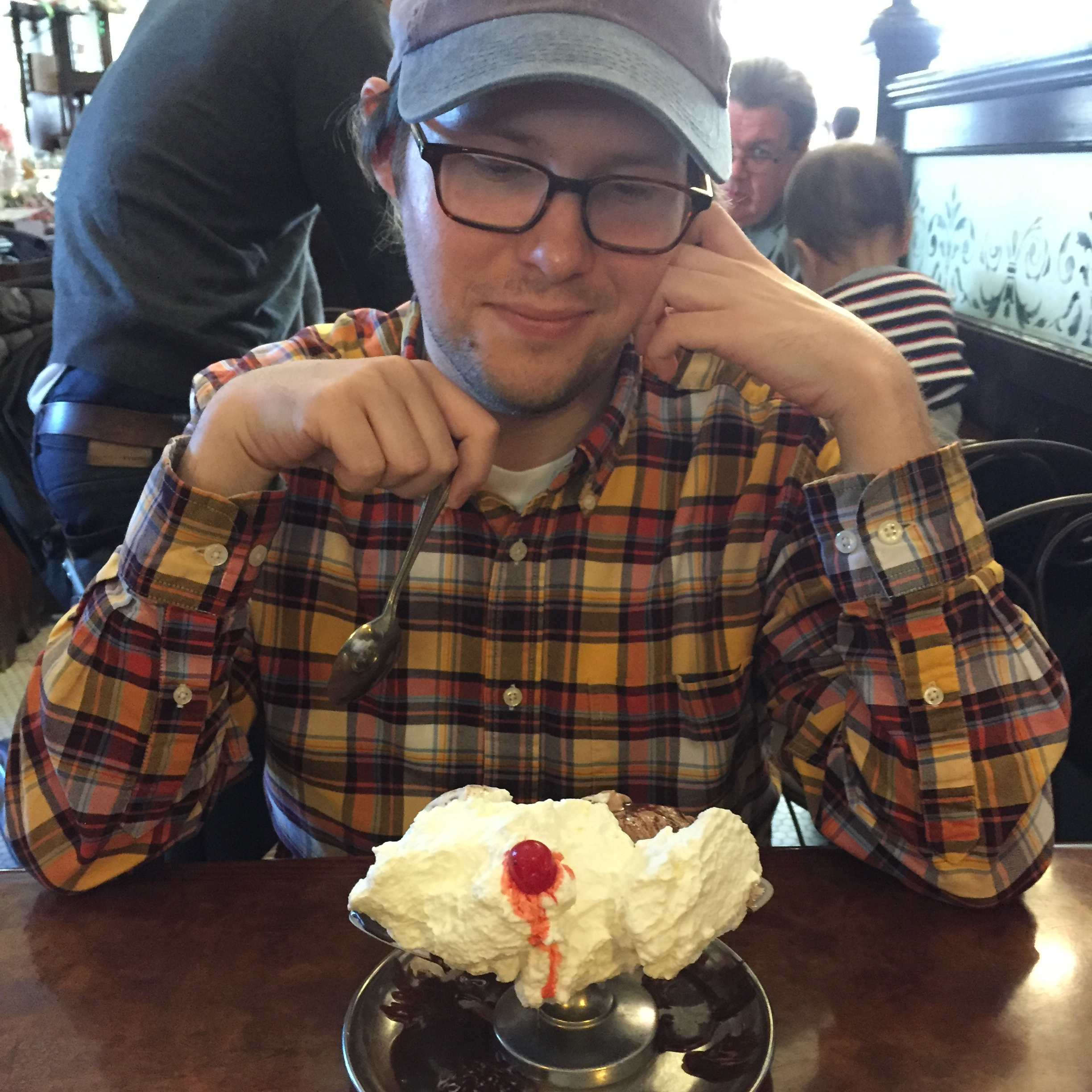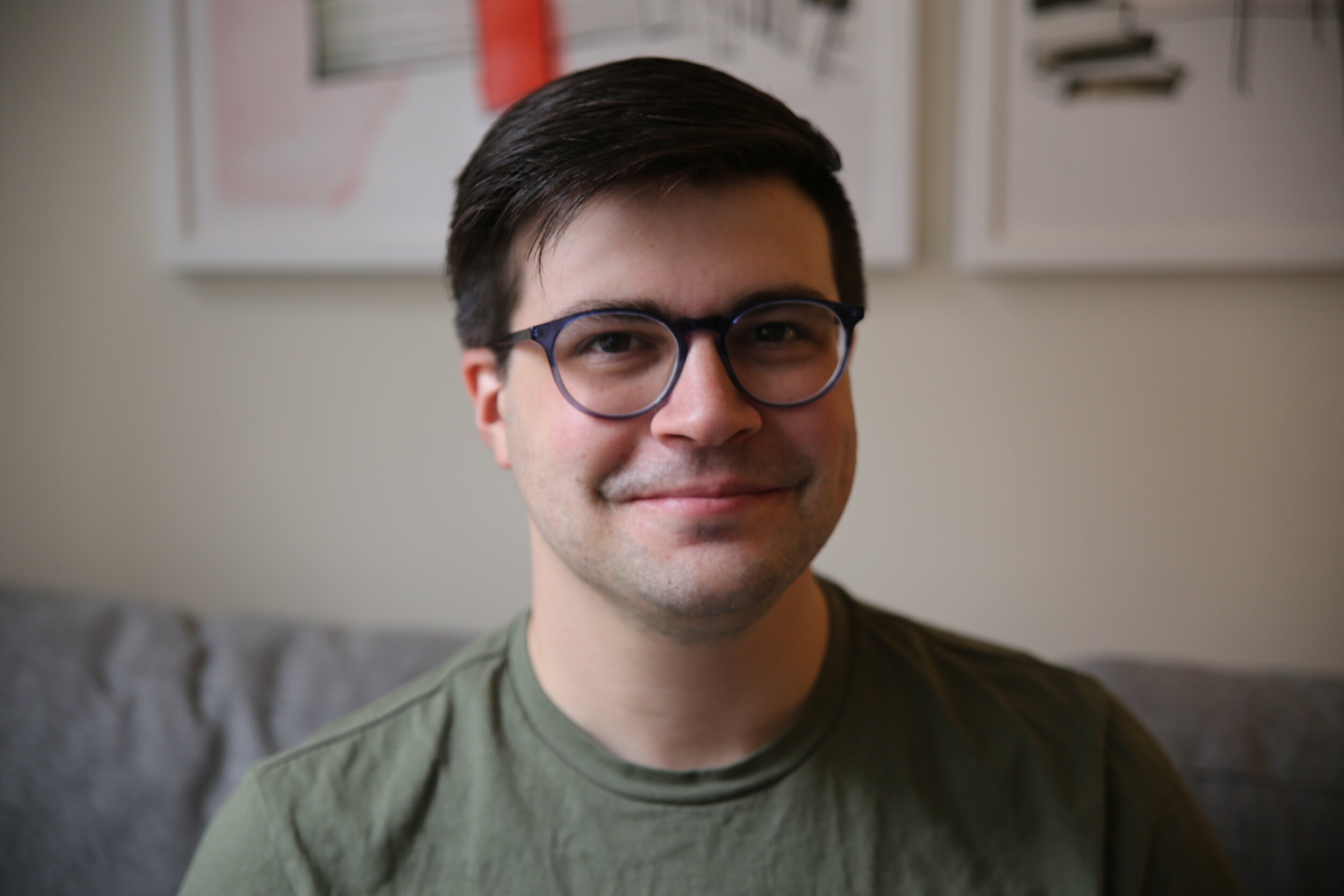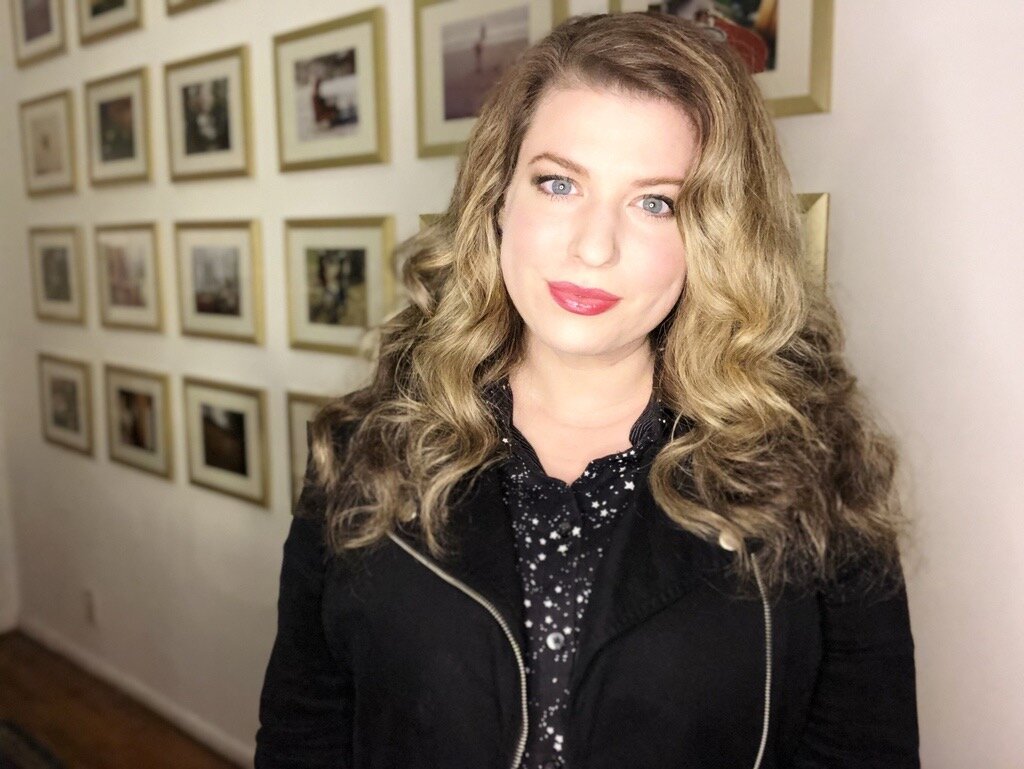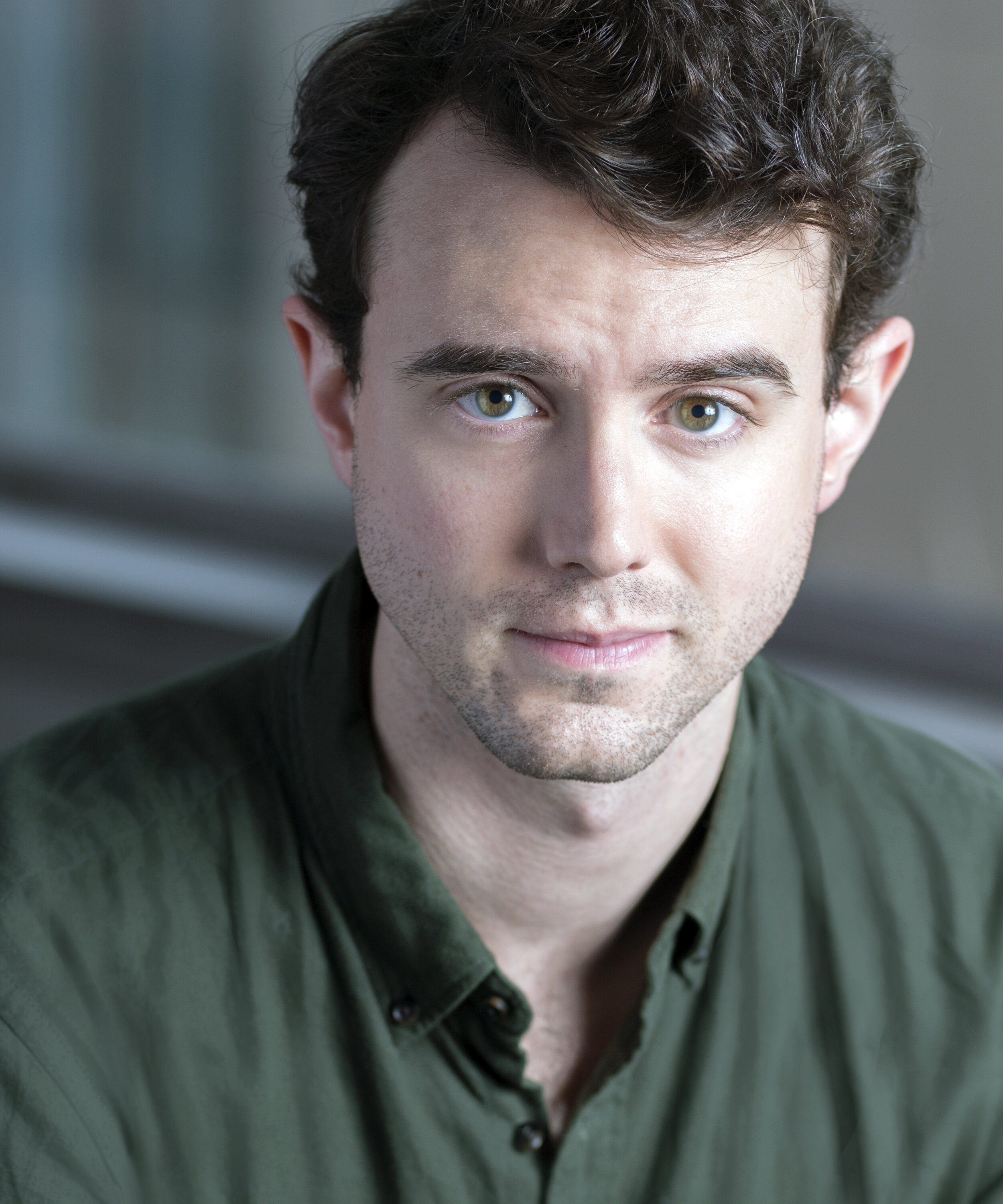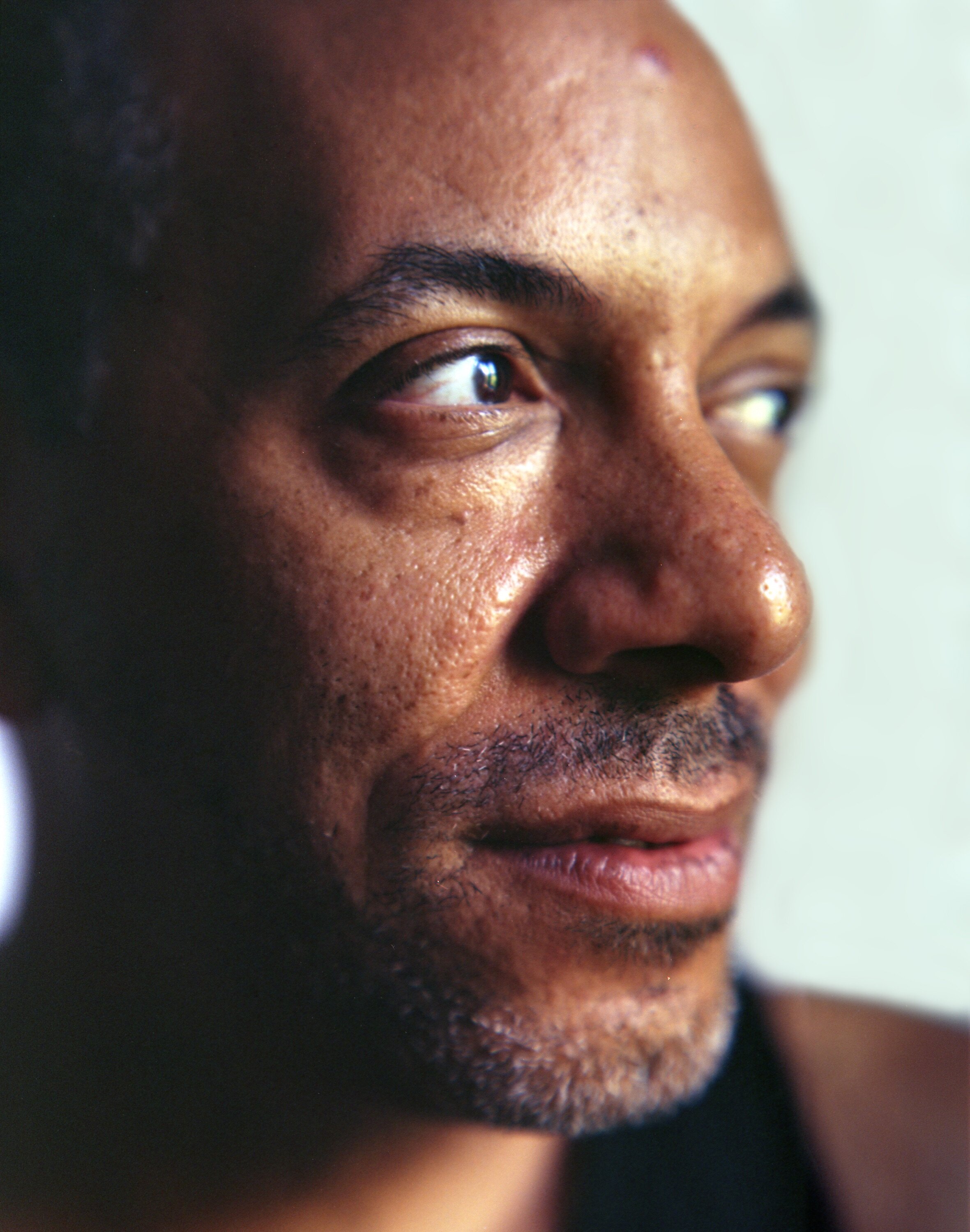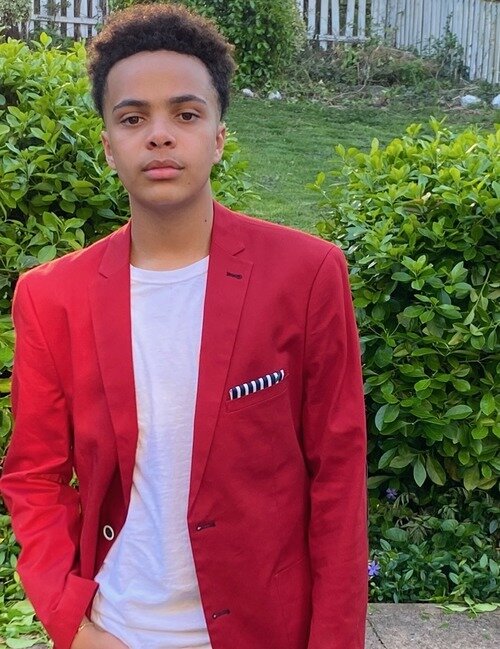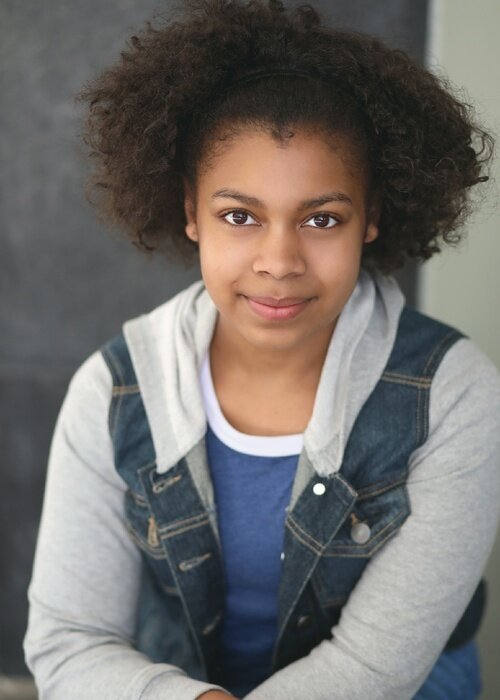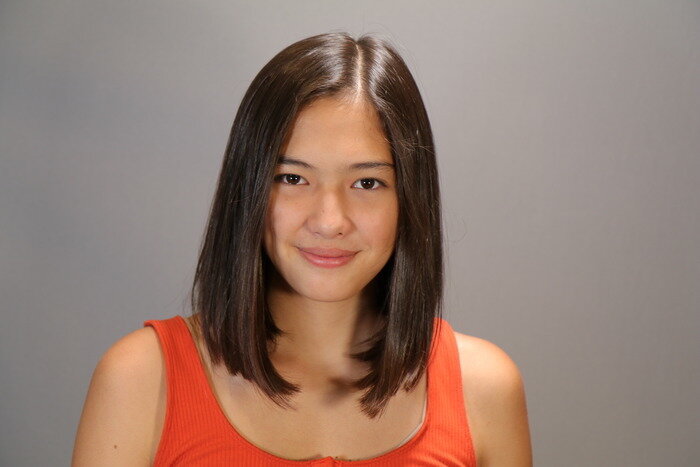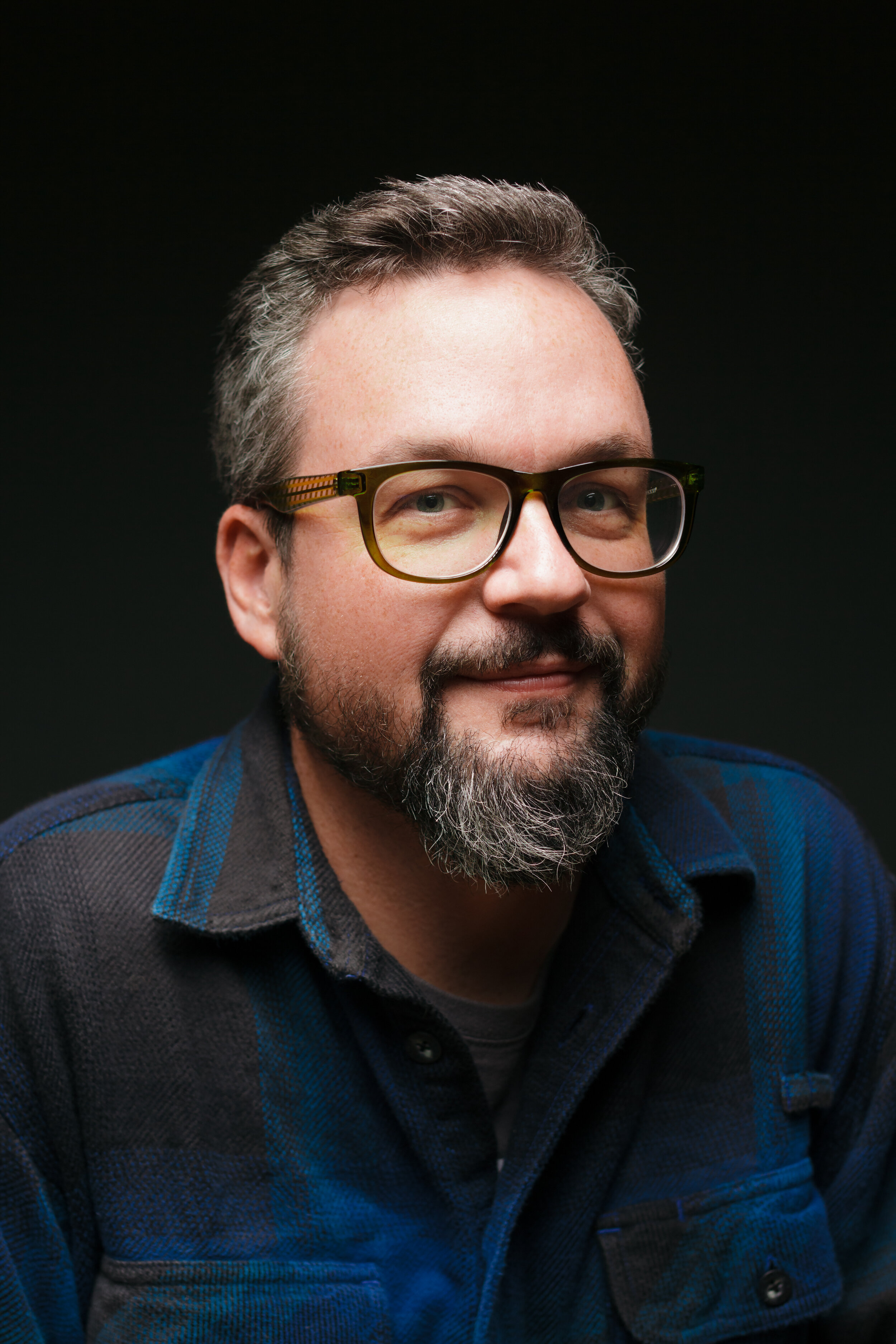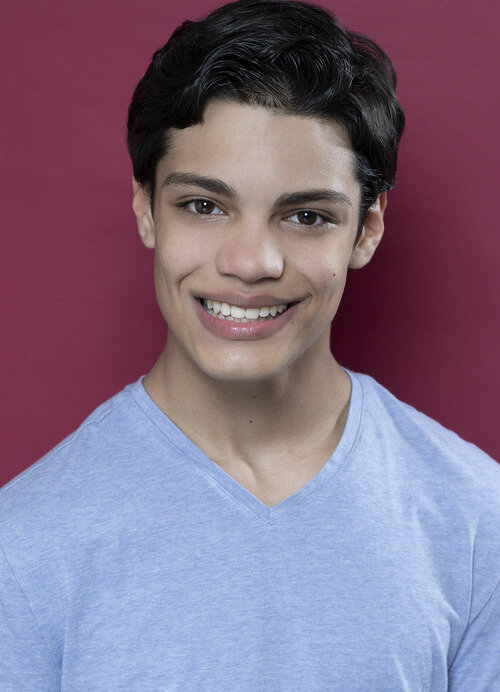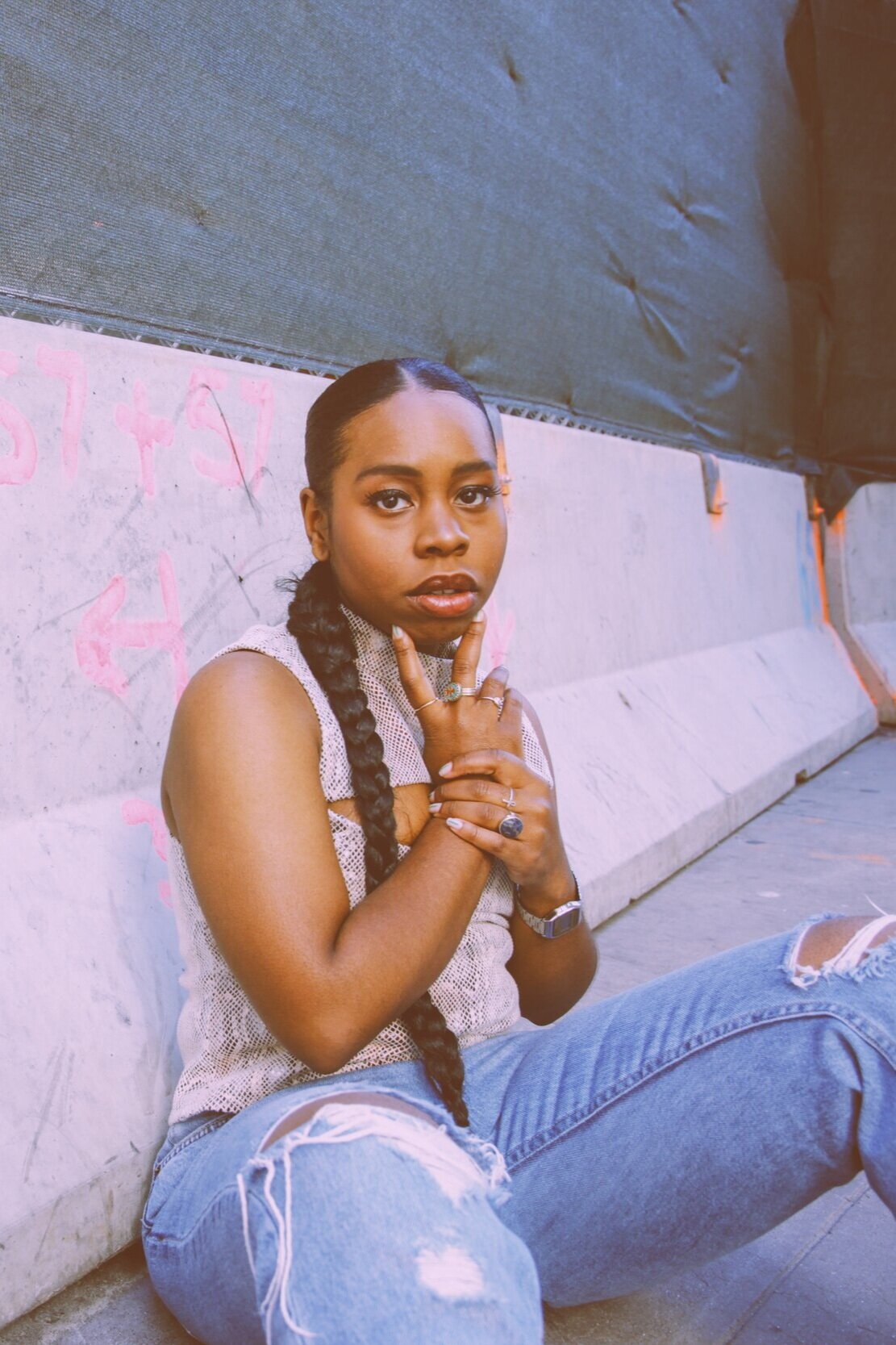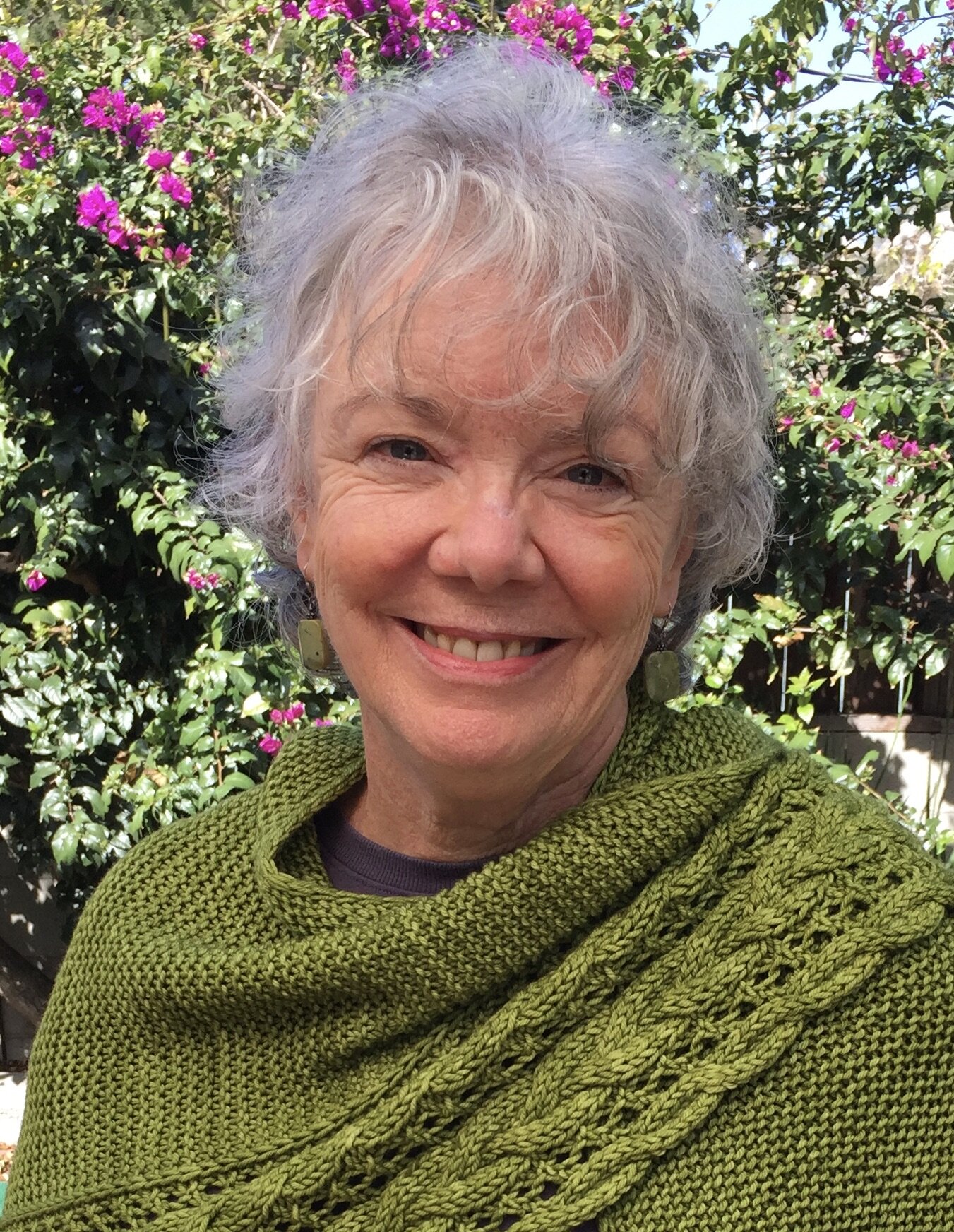All aboard the Milky Way Underground: An expedition to discovery and acceptance
In “Milky Way Underground,” listeners are invited to join siblings Lydia and Elijah of Sunnyside, Queens on an adventure about the difficulties and the joys of growing up and becoming yourself. One night, after their dad goes missing, Lydia and Elijah head into the subway in an attempt to find him. Taking the first car that arrives, they find themselves in the middle of a far-off creek, with New York City nowhere in sight. They go on to find themselves in strange versions of familiar places, from far-off forests to swamps and snow-covered mountains. Are the people they meet in this other world really who they say they are? Who — or what — seems to be protecting them? Can they trust their surroundings, each other, or themselves as they attempt to make it back to their complicated home with their dad in tow?
This interactive adventure comes to TRAX from PRX from members of the team behind the acclaimed production company Night Vale Presents. Below, we caught up with a few f the producers to get an in-depth look at “MIlky Way Underground.”
What was the inspiration for “Milky Way Underground”?
Grant Stewart, co-creator, writer, and director: “Milky Way Underground” was largely inspired by my experiences following open brain surgery in 2018. I had a vasospasm while recovering in the hospital (a type of precursor to a stroke) and temporarily developed Broca's aphasia. From my bed in the ICU, I could understand everything going on — from subtitles on a TV show, words in a book I was reading, or things other people were saying to me — but when I tried to speak or respond in text, everything came out as nonsense. Thankfully, this resolved a few days later, but the experience stuck with me.
As I started having recurring dreams about aphasia, I was reminded of my youth. I saw myself during adolescence, back in middle school, struggling to say what I was thinking or express myself at all. In every dream, I’d feel the same lack of agency I did as an adolescent. Christy Gressman (co-creator and executive producer of “Milky Way Underground”) and I began building out the story for the show, and we’d focus largely on those elements of childhood that stick out so much, you wish you could cure them in your younger self — insecurity, doubt, confusion about who you are, and uncertainty about how to navigate the hardships you face. As we discussed images from our childhoods that have stayed with us, we started narrowing the focus of the story to things that mattered to us both a great deal: challenges in the home and at school, coming to terms with uncomfortable truths, and finding acceptance in the face of seemingly insurmountable hardships.
In January of this year, while work on the show was well underway, I was diagnosed with a second brain aneurysm, and treatment this time may result in permanent aphasia. Much of the show has changed and evolved since; its second half focuses largely on the value of acceptance, which can provide comfort during difficult times that feel beyond our control.
These same emotions remind me of how it felt to be in middle school and early high school; during our transformative pre-teen and teen years, we feel a lack of agency that differs from almost anything else we experience for the rest of our lives. Our show is about two young people transforming their sense of helplessness into something more manageable.
The MWU Production Team
Who did you have in mind while creating the show?
Adam Cecil, producer: We were keeping in mind our own precocious childhood selves who would tear through books and sought out challenging and mind-expanding material.
Grant Stewart: While creating the show, we wanted to dive deep into moments that spoke to our shared sense of wonder and playfulness. As Adam mentioned, we hoped to recreate the feeling our favorite books gave to us, which for me was the excitement of exploring the unknown. The show also is specifically for children who are dealing with stress, anxiety, or a difficult home life. We hope what we’ve made helps them feel seen.
If we’ve accomplished what we set out to do, then if you and your family like the kinds of adventures in Studio Ghibli films (“Spirited Away,” “Howl’s Moving Castle,” “Ponyo,” etc.), we think you’ll enjoy our show!
“Milky Way Underground” deals with some mature topics like addiction, complicated family dynamics, and intense emotions. How did you package those themes for a younger audience?
“We know these issues are incredibly common, but their omission from most media made for young people can unintentionally leave a stigma. ”
Russell Sperberg, producer and assistant director: It was very important to us in creating this show that we weren’t “talking down” to our audience. I’m of the belief that younger audiences are very intelligent, both emotionally and intellectually. The most important thing for us was honesty. Working with the child actors (or even hearing feedback from young listeners), you quickly get a sense of if something is forced or not ringing true.
We hope the show can speak to some of the difficulties young people face, while not making them seem insurmountable. It’s a fantasy show, but it’s about real issues. The second part of this equation is that it also can be fun. The show has serious moments, but it’s balanced with off-beat humor and adventurous elements.
Grant Stewart: A big part of why we thought it was important to address these topics is because of the lived experiences of members of our team. We know these issues are incredibly common, but their omission from most media made for young people can unintentionally leave a stigma. We wanted to show how Lydia and Elijah are impacted by their father’s addiction, their home life, and their other anxieties, but they are not defined by them. We think by showing these issues in the context of the rest of Lydia and Elijah’s lives it lets them stand out as full, complex people who just happen to have all of this on their plates. We hope this can help relay the experience to those who haven’t lived it while allowing those who have lived it to feel seen.
This is a crucial time in media to highlight diverse voices, how does your show live up to that?
Russell Sperberg: In developing this show, it was very important to us that this show be as specific as possible. It’s a New York story, but it’s also a Queens story. The characters (and actors playing them) needed to reflect the diversity of that area.
What’s something that you’re excited for listeners to experience in “Milky Way Underground”?
Russell Sperberg: I think this show is going to sound like no other. It’s a very lived-in sound world; nothing feels too exaggerated or sound effect-y. It’s all going to feel real, which is such a testament to our sound design team and music team.
Grant Stewart: A unique part of our show is the wonderful score created by Jeff Tobias (“Sunwatchers,” “Modern Nature”). While most shows use midi music because of speed and adaptability, Jeff played nearly everything he composed on real instruments. All of the horns, guitar, bass, percussion, and synthesizers you’ll hear are real.
What do you hope your listeners will take away or gain from this show?
Russell Sperberg: I hope young listeners can feel seen by the show. Young listeners, specifically tweens, can be so vulnerable, and I hope the show can tell them, “You’re not alone. What you’re going through is hard, but you’re not alone.” Also, I hope they are entertained!
“I hope kids walk away with an appreciation and appetite for audio fiction. In the same way kids think, I want to write novels or I want to be a YouTuber, I would love for kids to dream of making their own audio fiction.”
What makes TRAX the right home for “Milky Way Underground”?
Russell Sperberg: This show is all about the complicated crux of late childhood and early adulthood. It’s about the emotions and adventures of young kids as they begin to ponder the question, “Who am I?” TRAX feels like the perfect home for this show. Their focus on content for tweens, their ability to support our vision — it felt like the perfect match.
Adam Cecil: I love PRX and I think TRAX has taken their incredible mission and translated into the single best podcast network for kids. I don’t think any other network would believe in and support “Milky Way Underground: the way TRAX has.


